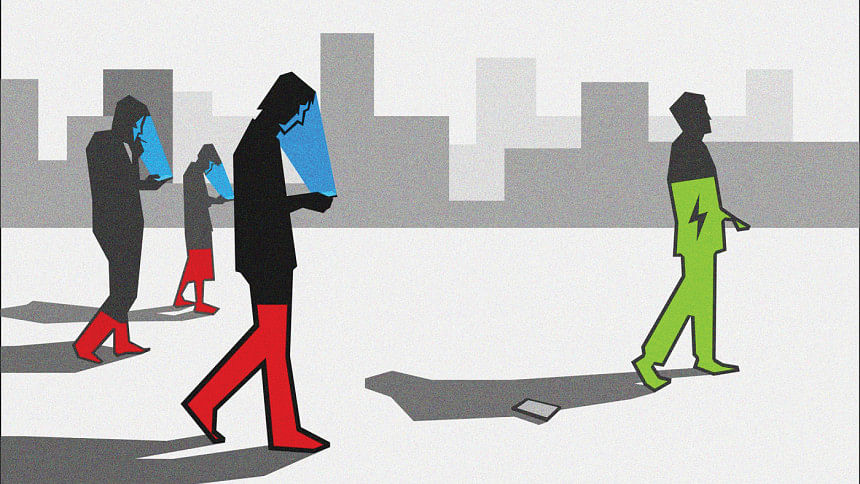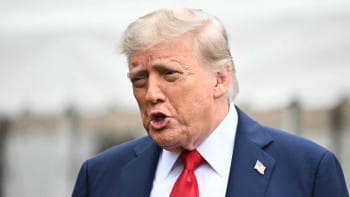Emerging toxicity in social media

It was not too long ago that we all somewhat knew what the next day would be like. A little surprise here and there kept them from getting dull and mundane. Before we all could even grasp the situation, the pandemic took over and removed our autonomy, which has left most of us with very little, actual interaction.
To compensate for the hollowness that has uneventfully come about, we have resorted to much heavier usage of social media. Towards the beginning, the participation was healthier, everyone preached productivity. Of course, there were critiques of that, too. With that, emerged critiques of those whose "unproductivity" had led to the emergence of the former type of critiques. Soon enough, social media validation started to matter more than reality. The validation that we crave has led to this amassed entitlement, always evident but never as valid as now. Scopes to channel personal frustrations opened up. Meaningless verbal altercations and fear mongering for personal amusement took up the newsfeeds. Generalised jokes became personal, vicious jabs that targeted demographics at once. As if active victim-shaming was not already pernicious, passive victim-shaming erupted. Social media is about presumptuous and confounding entitlement now, more than ever.
We have mainly three types of memories; short-term, long-term, and sensory. Short-term memory is what we are thinking about now and are extremely unlikely to remember in the long run, while long-term memory is the information we remember for an extensive amount of time. Now, for any tidbit of information to become a long-term memory, it has to pass through the working memory. The meaningless gossips that take up our working memory disrupt the passageway, weakening comprehension. It effectively takes away from our understanding if the uncultured gossip we dignify as "tea" is even worth the consumption at all.
A more sophisticated version of "gossips", in this context, is misinformation. "Misinformation on the coronavirus might be the most contagious thing about it," Director-General of the World Health Organization (WHO) Dr Tedros Adhanom Ghebreyesus says. However, the most harmful of all this misinformation is bad science; people with medical credentials causing unfounded terror among others. Social media is the easiest device for fear mongering through misinformation. Panic diffuses among people with the aforementioned practice and causes dire psychological impacts (insomnia, mental fatigue, stress).
What we need now is social media detoxing. Voluntarily cancelling out the usage of social media cannot be that bad. In fact, the enduring relaxation due to detoxing will make us realise how much we needed this. Of course, no one is suggesting that we pull out of social media for good. However, giving ourselves a breather to focus on our life that certainly thrives without social-media-presence is also extremely important. It has become pertinent for many of us to take this into consideration, for our own betterment.
References
1. nature.com (October 16, 2018). The biggest pandemic risk? Viral misinformation.
2. bbc.com (February 8, 2020). WHO chief warns against 'trolls and conspiracy theories'.
3. scientificamerican.com (September 26, 2017). How does short-term memory work in relation to long-term memory? Are short-term daily memories somehow transferred to long-term storage while we sleep?
Aysha's brain unclogs at the sight of a crown of raven curls. Don't ask her what it is because she won't tell at [email protected]

 For all latest news, follow The Daily Star's Google News channel.
For all latest news, follow The Daily Star's Google News channel. 



Comments